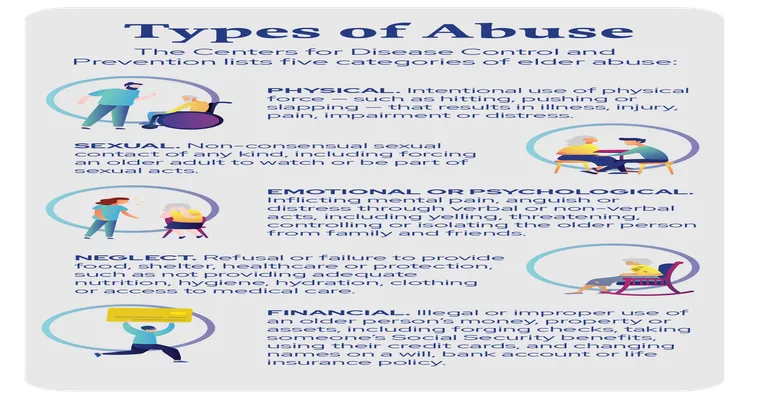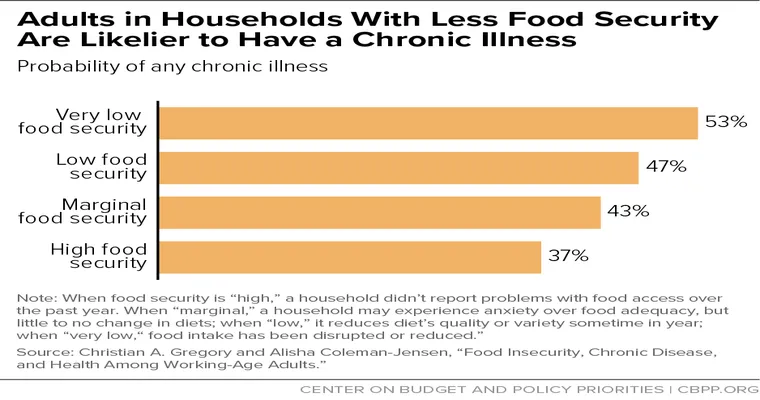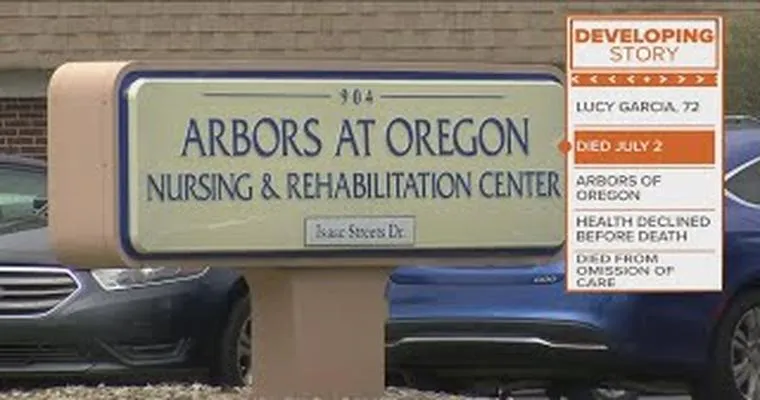As caregivers, it is our responsibility to ensure the safety and well-being of the elderly individuals in our care. Unfortunately, "elder abuse" is a serious issue that can take many forms, including physical, emotional, and financial abuse. Recognizing the "signs of elder abuse" is crucial for caregivers to protect vulnerable seniors. In this article, we will explore the various indicators of abuse and provide guidance on how to respond appropriately.
One of the most common "signs of elder abuse" is unexplained physical injuries. Caregivers should be vigilant for bruises, cuts, burns, or fractures that cannot be easily explained by normal activities or accidents. These injuries may indicate "physical abuse" or neglect. Additionally, if a senior appears withdrawn or shows sudden changes in behavior, it could be a sign of "emotional abuse". Caregivers should look for signs of fear, anxiety, or a reluctance to engage with certain individuals.
Another important indicator of "elder abuse" is poor hygiene or unsanitary living conditions. If an elderly person is frequently unkempt, wearing dirty clothes, or living in a cluttered or hazardous environment, it may suggest neglect from a caregiver or family member. Furthermore, caregivers should be aware of any sudden changes in financial situations. Unexplained withdrawals, missing belongings, or unusual changes in legal documents can signal "financial exploitation".
In addition to physical and emotional signs, caregivers should also note any changes in the senior's mental state. Confusion, disorientation, or a sudden decline in cognitive abilities may be signs of abuse or neglect. It's crucial for caregivers to maintain open lines of communication with the elderly individuals in their care. Listening to their concerns and validating their feelings can help build trust and encourage them to speak out if abuse is occurring.
If caregivers suspect that an elderly person is experiencing abuse, it is essential to take immediate action. Documenting any signs of abuse, including dates, times, and descriptions of incidents, can provide valuable evidence. Caregivers should reach out to appropriate authorities or organizations that specialize in elder protection for guidance on the next steps. Reporting suspected abuse can help ensure the safety and well-being of the elderly individual.
In conclusion, recognizing the "signs of elder abuse" is an essential skill for all caregivers. By being vigilant and informed, caregivers can take proactive measures to protect vulnerable seniors from harm. It is our duty to advocate for the elderly and ensure that they receive the care and respect they deserve. If you notice any signs of abuse, do not hesitate to act—every action can make a significant difference in an elderly person's life.





